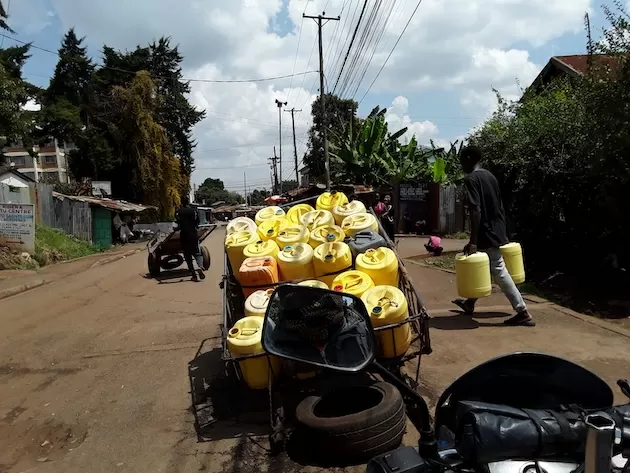COP30 negotiator Malang Sambou Manneh believes that the key to countering the growth in fossil fuel development lies in technology. As the world grapples with the effects of climate change, it is imperative that we find sustainable solutions to reduce our reliance on fossil fuels. Manneh, who hails from the global South, believes that showcasing alternatives that work can provide an opportunity for developing countries to take the lead and present best practices in renewable energy.
The global South, which includes countries in Africa, Asia, and Latin America, has often been seen as lagging behind in terms of development and technology. However, Manneh believes that this perception can be changed by harnessing the power of renewable energy. He argues that developing countries have the advantage of not being tied down by outdated infrastructure and can leapfrog to cleaner and more efficient technologies.
One of the main challenges faced by developing countries is the high cost of transitioning to renewable energy. However, Manneh believes that this can be overcome by investing in and adopting new technologies. He points to success stories in countries like India and China, where significant investments have been made in solar and wind energy, resulting in a sharp decline in the cost of renewable energy. This has made it more accessible and affordable for these countries to make the switch.
Moreover, Manneh believes that developing countries can also benefit from the transfer of technology from developed countries. This can be achieved through partnerships and collaborations, where developed countries can share their expertise and resources with the global South. This not only helps in reducing the cost of renewable energy but also promotes knowledge sharing and capacity building.
Another advantage that developing countries have is their abundance of natural resources. Many countries in the global South have ample sunlight, wind, and water resources, which can be harnessed for renewable energy production. By utilizing these resources, developing countries can reduce their dependence on fossil fuels and also become self-sufficient in meeting their energy needs.
Manneh also stresses the importance of showcasing success stories in renewable energy from the global South. By highlighting the efforts and achievements of these countries, it can inspire others to follow suit and adopt sustainable energy practices. This can also help in changing the narrative of the global South being seen as a burden on the environment, to becoming leaders in the fight against climate change.
Furthermore, Manneh believes that the global South has the potential to become a hub for renewable energy innovation and development. By investing in research and development, developing countries can come up with new and innovative solutions to address their energy needs. This can also create job opportunities and boost economic growth in these countries.
In conclusion, COP30 negotiator Malang Sambou Manneh’s belief in the power of technology to counter the growth in fossil fuel development is a ray of hope in the fight against climate change. By showcasing alternatives that work, developing countries have the opportunity to take the lead and present best practices in renewable energy. With the right investments, partnerships, and innovation, the global South can pave the way for a cleaner and more sustainable future for all. Let us all join hands and support this vision for a better world.



